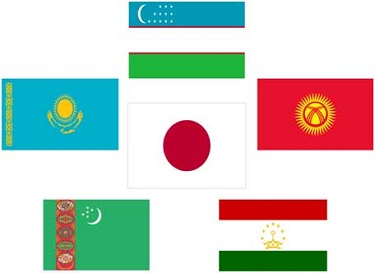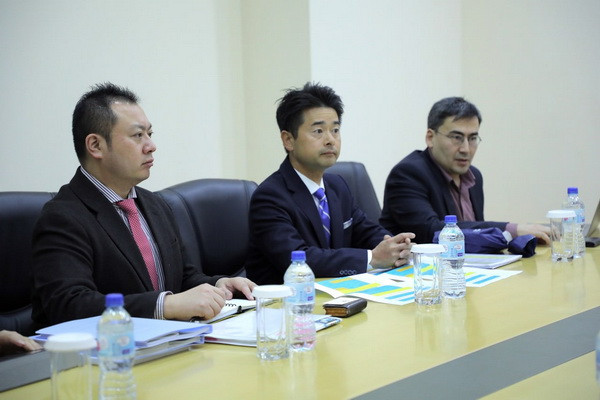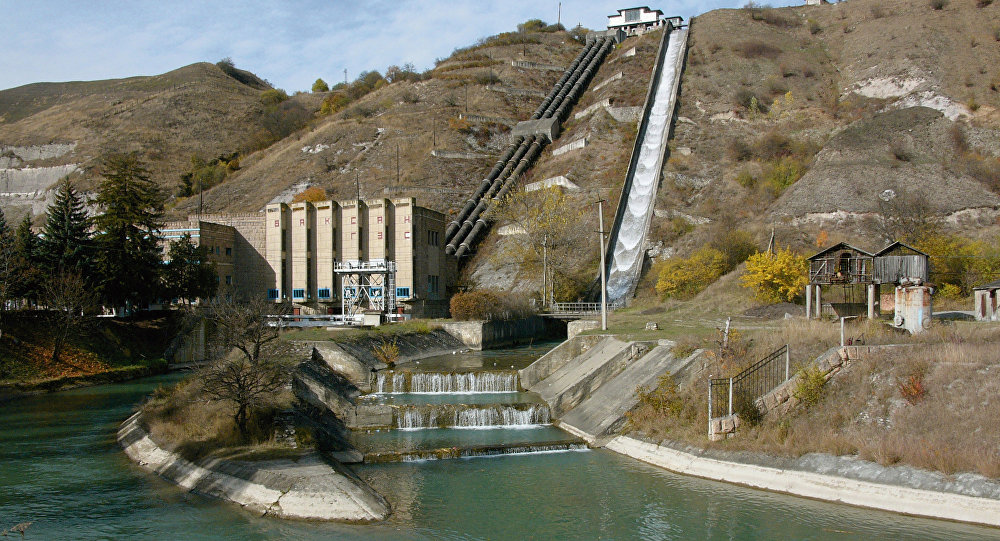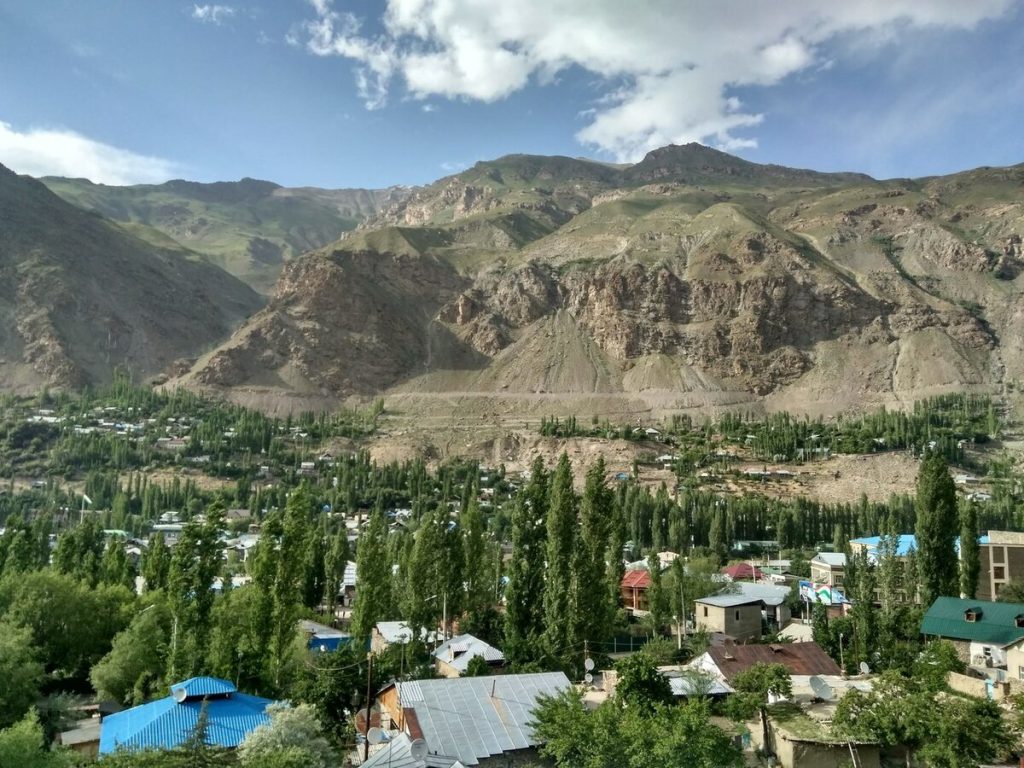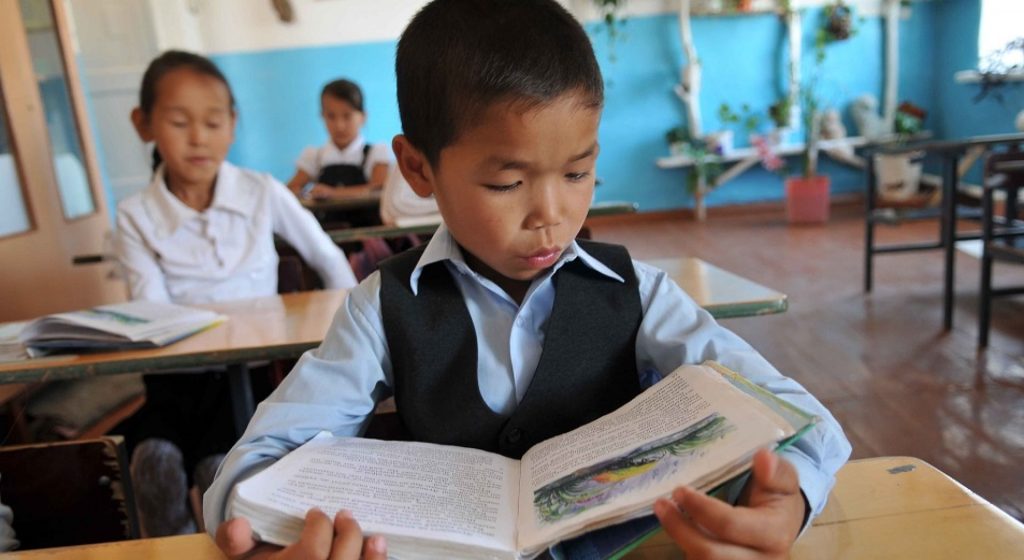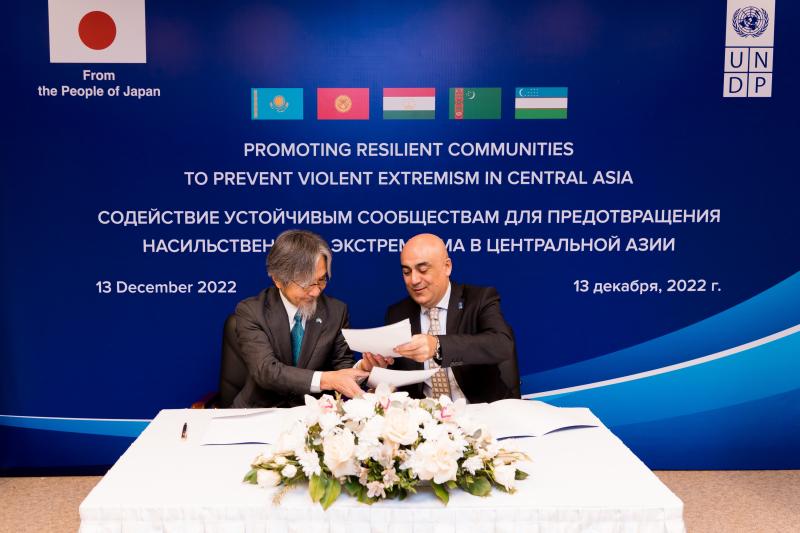Elvira Kadyrova
Japan is actively developing bilateral relations with Central Asian countries, being one of the region’s long-term partners. The spheres of interaction are quite diverse – from energy to social projects and personnel training, from major investments that drive forward the national economy to projects that improve the lives of small rural communities.
The Land of the Rising Sun is also involved in multilateral initiatives with a regional scope.
At the end of this week, the foreign ministers of Japan, Kazakhstan, Kyrgyzstan, Turkmenistan, Tajikistan and Uzbekistan will meet in Tokyo and, as expected, the meeting in the 5+1 format will allow to outline concrete steps to further foster cooperation in mutually beneficial areas.
Turkmenistan
Turkmen businessmen operating in the textile sector visited Japan to participate in the International Exhibition of Equipment and Systems for the Garment Industry and Textiles, hosted in Osaka, Turkmenportal reports.
The trip was organized by the European Bank for Reconstruction and Development (EBRD) in cooperation with the Japanese Association of Sewing Machine Manufacturers (JASMA), and provided an opportunity for Turkmen entrepreneurs to meet with Japanese suppliers and potential business partners.
A visit to major Japanese companies of the garment industry and textiles was also organized to exchange experience and establish business contacts.
According to the source, the Turkmen representatives of the private sector were particularly interested in JUKI’s proposal to improve the network system for production management based on the “smart factory” concept.
Uzbekistan
20 specialists of the Uzbek Agency for Technical Regulation – the country’s main regulator in the field of standardization and meteorology – will be trained at the industrial sites of the companies “Noritsuisu Co. Ltd.” and “Meinan Co., Ltd.” in Japan in January 2023.
This program will be implemented within the framework of US$ 500,000 worth grant support of the Ministry of Economy, Trade and Industry of Japan, aimed at assisting in the training of personnel in the field of standardization.
Moreover, recently during a meeting at the Ministry of Investment and Foreign Trade of Uzbekistan with the heads of the above-mentioned companies, the sides agreed to enhance cooperation in the exchange of best practices in the implementation of international industrial standards.
Kyrgyzstan
In Kyrgyzstan, hydropower may become a promising area for Japanese investments. Recently, the Ministry of Energy of Kyrgyzstan and the Japanese company “Muroo Systems Co.” signed a Memorandum of Understanding, as well as a Roadmap for the implementation of the construction project of the small Karakul HPP.
The document is aimed at the development of hydropower projects in the Kyrgyz Republic, in particular, the construction of small hydroelectric power plants, the development of renewable energy sources.
According to Muroo Systems Co., if the project for the construction of hydroelectric power plants is successful, numerous Japanese firms will draw attention to Kyrgyzstan’s investment potential and offer up prospects for additional Japanese investors.
Tajikistan
In Tajikistan, a medical center and a school in rural areas will be built at the expense of Japanese grants.
Grant contracts worth over $245,000 were signed in early December at the Japanese Embassy in Dushanbe.
These projects, funded under the program of the Government of Japan on gratuitous assistance for the general population and humanitarian security include the construction of a medical center and the improvement of medical equipment in the village of Bulbulchashma worth over US$ 124,000 and the construction of a new school building in the village of Hitoi worth over US$ 120,000.
The implementation of the first project will improve the availability and quality of medical care for the local community. The new facility will provide first aid, dental and other medical services, while the existing medical center has only two small wards and lacks the necessary equipment.
As part of the second project in the village of Hitoi, the safety of school space will be enahced, the problem of shortage of classrooms in the school will be solved, as a result the number of shifts will be reduced from three to two.
Since 1996, the Japanese Government has supported 449 humanitarian projects in Tajikistan totaling US $37 million.
Kazakhstan
Japan is also implementing vital social projects in Kazakhstan. Recently completed project to repair the windows of the Akhmerovskaya secondary school in the city of Ust-Kamenogorsk is one of the examples.
It was implemented through the program of gratuitous assistance to small-scale social projects to ensure human security “KUSANONE (Grass Roots)”. The grant amount was US $62,857.
Replacing old windows and window frames, which did not provide enough ventilation and led to the spread of colds, allowed students to study in warmth and be healthy.
Regional initiatives
On 13 December 2022, Japan and the United Nations Development Program (UNDP) in Kazakhstan signed an agreement to launch a new joint initiative worth US $4.1 million to promote resilient communities in all Central Asian countries.
Based on the results of the first regional program (2018-2021) implemented at the community level in Kazakhstan, Kyrgyzstan, Tajikistan and Turkmenistan, the initiative aims to empower young people and strengthen social cohesion in the countries across the region. Uzbekistan has also joined the initiative.
According to the UNDP representative office in Kazakhstan, the new project offers a preventive response to the threat of violent extremist influence and propaganda through the mobilization of energy, mobility, openness and dynamism of young people.
The initiative will also ensure the equal and meaningful participation of women at all levels of preventive efforts and as a driving force for change in building community resilience. Gender-sensitive activities will be aimed at teaching entrepreneurial and digital skills, improving financial literacy and access to finance, as well as overcoming social and stereotypical barriers in order to empower women. ///nCa, 21 December 2022
